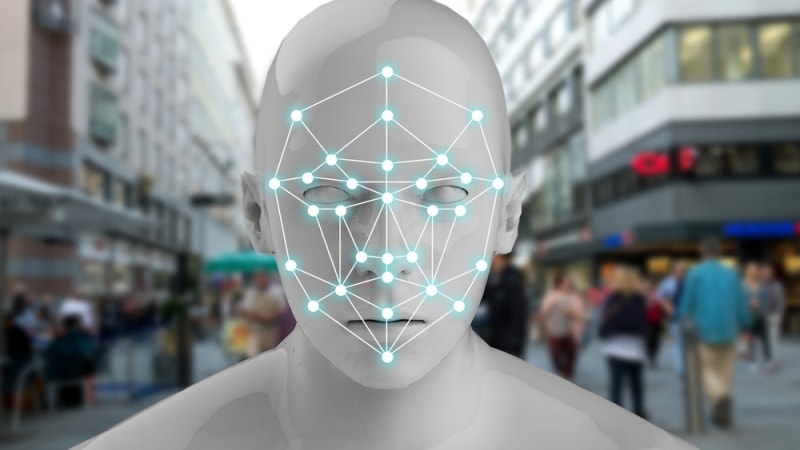
Several House Democrats introduced legislation late last week to limit the ability of law enforcement agencies to use facial recognition technologies.
Reps. Ted Lieu, D-Calif., Sheila Jackson Lee, D-Texas, Yvette Clarke, D-N.Y., and Jimmy Gomez, D-Calif., introduced the Facial Recognition Act. The bill would limit the use of facial recognition technology by law enforcement to instances in which police obtain a warrant that shows probable cause that a violent felony was committed.
The measure also would prohibit the use of facial recognition technology by law enforcement agencies to document how individuals express their constitutional rights. It also would ban facial recognition matches if that was the sole reason probable cause established for a search, arrest, or other legal action.
“Protecting the privacy of Americans – especially against a flawed, unregulated, and at times discriminatory technology – is my chief goal with this legislation,” said Rep. Lieu in a statement.
The congressman explained that law enforcement has deployed facial recognition technology to identify peaceful protestors, investigate minor offenses, and arrest people based solely on a single match.
Because of its lack of transparency, use of the technology can threaten civil liberties, he said.
And the facial recognition algorithms themselves, he explained, suffer from discriminatory bias and as a result can still misidentify individuals – particularly people of color.
“Our bill is a workable solution that limits law enforcement use of [facial recognition technology] to situations where a warrant is obtained showing probable cause that an individual committed a serious violent felony,” Rep. Lieu said.
“Our legislation establishes appropriate guardrails against surveilling people and misusing their characteristics – including one’s face, head, hair, and body – to identify people who should not be subjected to such targeting and intrusive actions,” said Rep. Lee.
The measure also would require law enforcement agencies to regularly audit their facial recognition technology systems. Their use of the technology would also be suspended if they were to fail one of those audits.
The bill would also require that databases be purged every six months of photos of individuals under the age of 18, along with photos of those released without charge, who had charges dismissed, or were acquitted of the charged offense.
Introduction of the Facial Recognition Act is the latest move from lawmakers attempting to regulate the use of facial recognition by government and law enforcement agencies. Most recently Sens. Ed Markey, D-Mass., and Ron Wyden, D-Ore., sent a letter to the Department of Homeland Security’s Immigration and Customs Enforcement component urging the agency to end its use of facial recognition technology.
“We have long passed the theoretical when it comes to its struggles identifying and misidentifying women and people of color and, consequently, the real-world implications of its deficiencies are confronting real people every day. While these shortcomings are disastrous in the private sector, in law enforcement, they are entirely unacceptable,” said Rep. Clarke.
